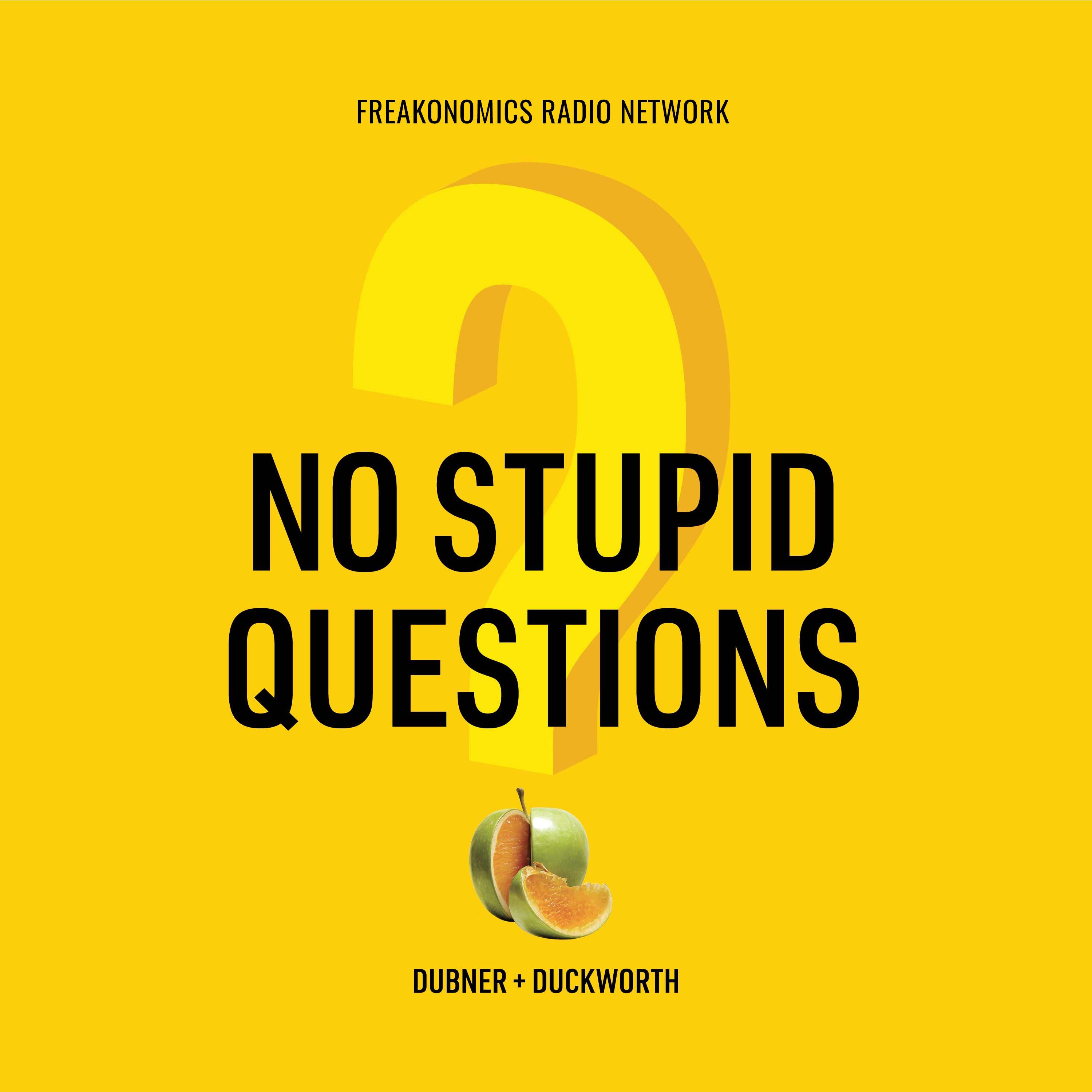200. What’s the Difference Between Empathy and Sympathy?
Can you ever really know how another person feels? What’s the best way to support a grieving person? And why doesn’t Hallmark sell empathy cards? SOURCES:Daniel Batson, professor emeritus of psychology at the University of Kansas.Paul Bloom, professor of psychology at University of Toronto.Paul Polman, businessman, author, and former C.E.O. of Unilever. RESOURCES:“Empathy, Sympathy, and Emotion Regulation: A Meta-Analytic Review,” by H. Melis Yavuz, Tyler Colasante, Emma Galarneau, and Tina Malti (Psychological Bulletin, 2024).“Have Some Sympathy,” by Pamela Paul (The New York Times, 2023).“What is Club 33? Inside Disney’s Most Exclusive Club,” by Evelyn Long (Walt Disney World Magazine, 2022).“The Case Against Empathy,” by Sean Illing (Vox, 2019).Against Empathy: The Case for Rational Compassion, by Paul Bloom (2016).“Beautiful friendship: Social sharing of emotions improves subjective feelings and activates the neural reward circuitry,” by Ullrich Wagner, Lisa Galli, Björn H. Schott, Andrew Wold, Job van der Schalk, Antony S. R. Manstead, Klaus Scherer, and Henrik Walter (Social Cognitive and Affective Neuroscience, 2015).Just Babies: The Origins of Good and Evil, by Paul Bloom (2013).The Elegance of the Hedgehog, by Muriel Barbery (2006). “Immorality from Empathy-Induced Altruism: When Compassion and Justice Conflict,” by Daniel Batson, Tricia Klein, Lori Highberger, and Laura Shaw (Journal of Personality and Social Psychology, 1995).“The Four Horsemen: Contempt,” by Ellie Lisitsa (The Gottman Institute). EXTRAS:“Is Empathy in Fact Immoral?” by No Stupid Questions (2021).Parasite, film (2019).King James Bible, Job 2:1-13. The Book of Mormon, Mosiah 18:9.

